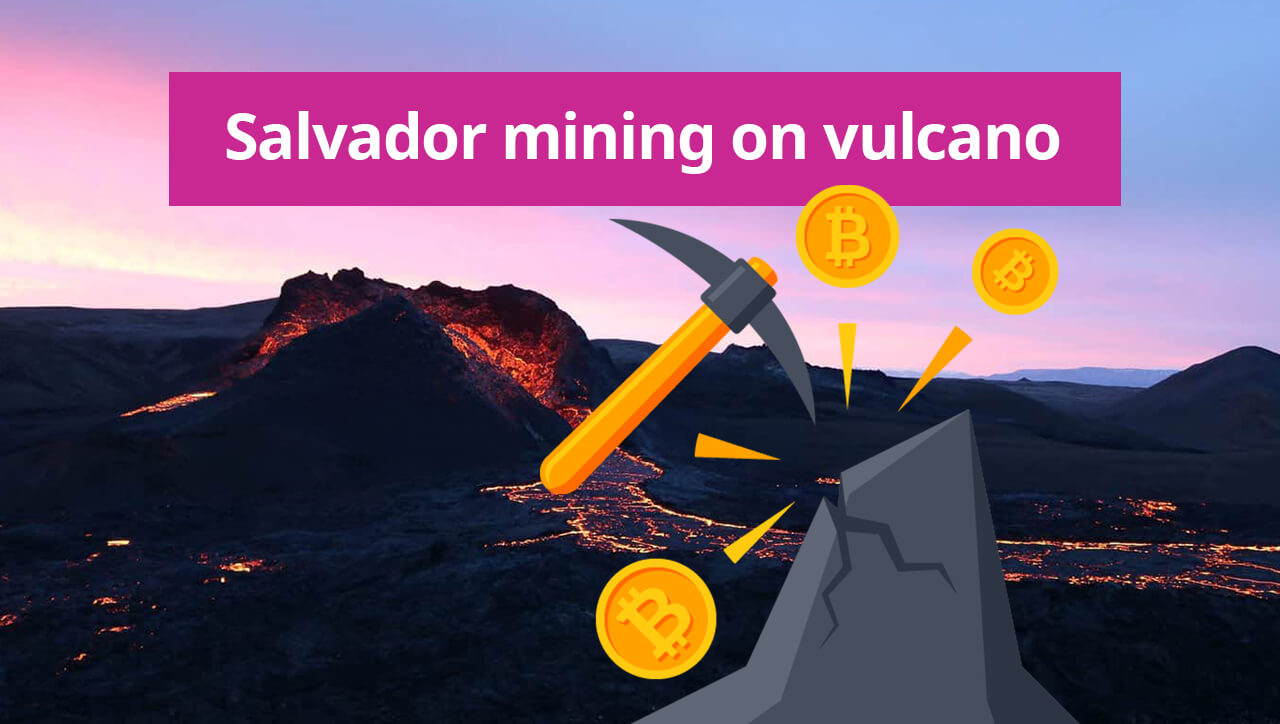In early September 2021, El Salvador's parliament ratified a law that made bitcoin the country's second currency along with the U.S. dollar. For the first time in history, the cryptocurrency became the official tender of the state. Moreover, the government of El Salvador even fueled public interest through the distribution of $30 in bitcoins to every citizen who signs up for a national digital wallet called Chivo, which translates to "cool." According to official figures, by November 2021, 3 million people, nearly half the country's population, had done so. Also, 200 ATMs have been installed where anyone can exchange dollars for bitcoins. All of this was initiated by El Salvador's president, Nayibom Buquele. He won the 2019 election, beating candidates from the country's two largest parties. The 41-year-old leader ironically calls himself a "cool dictator" and plans to digitalize the country, where 70% of the population does not have access to banks.
The harm of cryptocurrencies
Bitcoin mining is bad for the environment because it requires a lot of electricity: about 105 TWh annually. This is more than is consumed in a year in the Philippines, for example. Because of this, companies have been looking for environmentally friendly ways to mine the cryptocurrency for several years. For example, an organization called Northern Bitcoin has built a computing center in a former mine in Norway. The electricity here is generated by wind and water currents, and the computers are cooled by icy water from a nearby fjord.
Geothermal power
There are no fjords in El Salvador, but there are 20 active volcanoes. The geothermal energy from them can produce energy: the heat from the volcano heats the water, which is turned into steam, which turns a turbine. This already generates 20% of El Salvador's electricity. Now part of the energy will be sent to computers that mine bitcoins.
Buquele volcanoes
The idea of using volcanoes to generate cryptocurrency Nayib Bukele talked about back in June 2021. In his Twitter account, he wrote, "I just instructed the president of LaGeo (a state-owned geothermal power generation company) to develop a plan to mine bitcoin through very cheap, 100% clean, 100% renewable, zero-emission energy from our volcanoes. This will evolve very quickly!"
Early successes and criticism
On October 1, 2021, the power of the volcano bore its first fruits: the state of El Salvador was able to generate $300 in bitcoins, as President Nayib Bukele happily announced on Twitter. If the adventure of the young politician is successful, other poor Latin American countries, such as Panama, may follow suit. At the same time, the actions of El Salvador have been criticized by intergovernmental financial organizations. For example, a representative of the International Monetary Fund said that the recognition of bitcoin at the state level "raises a number of macroeconomic, financial and legal issues that require a very cautious analysis."






